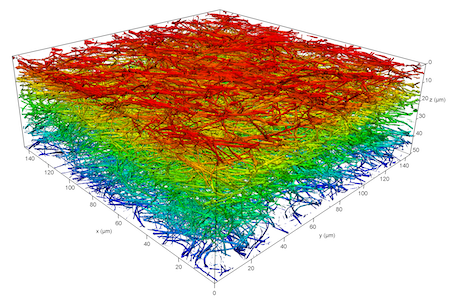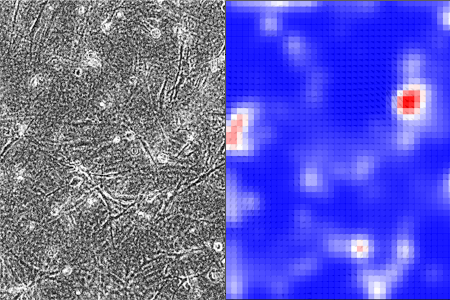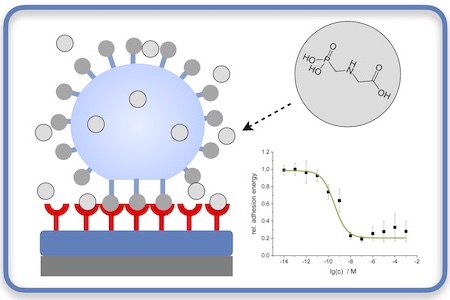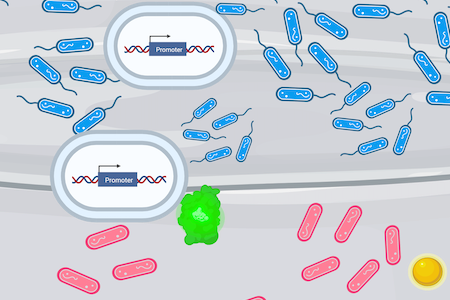Mission: The Biophysical Chemistry group at the Institute of Biochemistry of Leipzig University focuses on biomaterial approaches for engineering cellular microenvironments and new microparticle-based biosensors. We design new biomimetic cellular microenvironments based on synthetic and naturally derived polymers to vary topology and mechanics of 3D networks and the mode of soluble signal presentation and transport.
Based on biophysical, biochemical and cellular analyses, we support a systemic understanding of exogenous cell signals and the application of the engineered materials in in vitro assays for biomedical studies and for fundamental studies of biofilm design in biotechnology. Furthermore, we apply hydrogel-microparticle based biosensors for the detection of anthropogenic analytes in different aqueous environments. A broad range of analytes including pesticides, xenohormones and antibiotics are targeted for cheap, on-site and highly sensitive readouts to be applied in environmental monitoring and food control.
Based on biophysical, biochemical and cellular analyses, we support a systemic understanding of exogenous cell signals and the application of the engineered materials in in vitro assays for biomedical studies and for fundamental studies of biofilm design in biotechnology. Furthermore, we apply hydrogel-microparticle based biosensors for the detection of anthropogenic analytes in different aqueous environments. A broad range of analytes including pesticides, xenohormones and antibiotics are targeted for cheap, on-site and highly sensitive readouts to be applied in environmental monitoring and food control.




